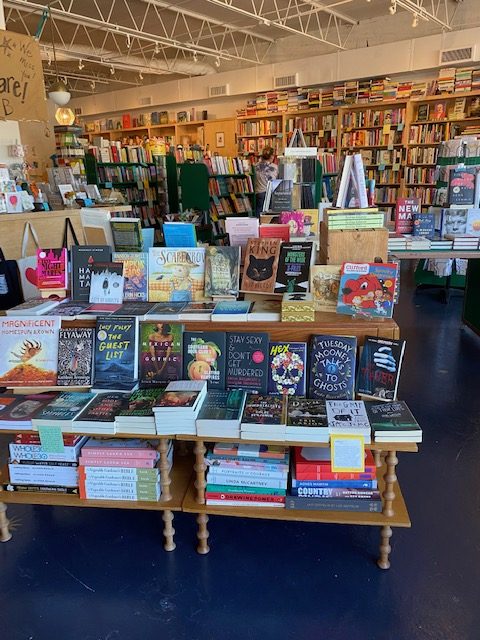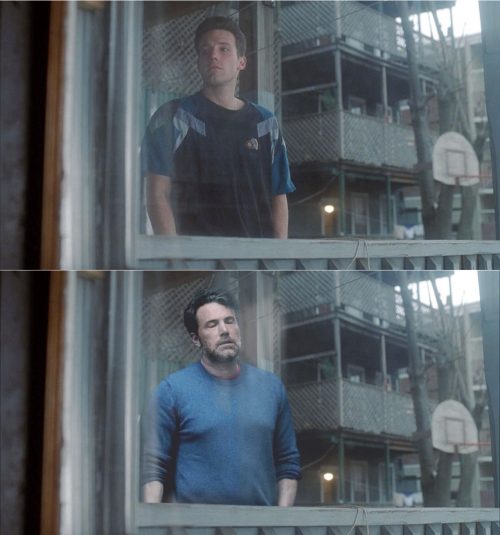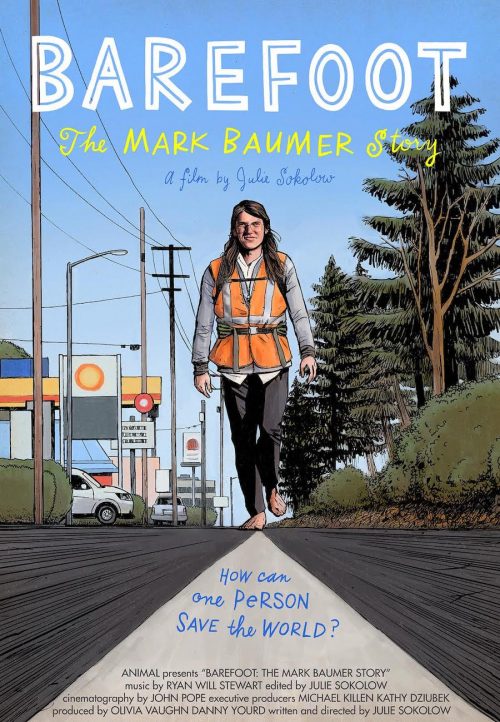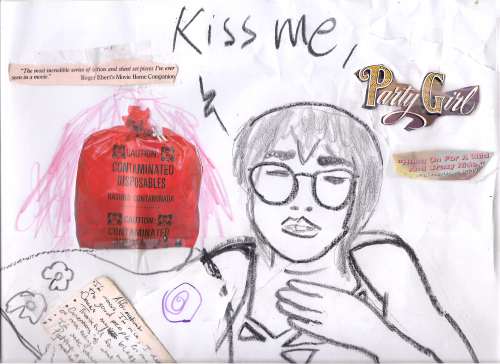Note from Sebastian:
I first became aware of Mark through HTMLGiant. He seemed wild and purified from the disgusting world. I sent Mark an email, never speaking directly with him beforehand, saying that I would like to write a book with him some day. He said yes. A few years passed, and then one day I received an email from Mark saying that he was ready to start writing this book together. We discussed a few ideas. One (via Mark) was to write a book called What Should Our Book Be About?. We would discuss ideas for what our book should be about until that itself filled the length of a book. I liked this because it meant that the book had already started, without our knowing it. We then had the idea that we would write a book composed solely of the kind of “classic, memorable lines” one finds in famous novels. People get tattoos of these lines on places like their neck or bicep. Mark said that critics would say “This book is full of classic, memorable lines.”
We sent emails back and forth for a few months during the summer and early fall of 2016. The project was never completed as Mark was tragically killed by a driver as he was walking across the United States for the second time—this time barefoot. He was raising money for a collective dedicated to addressing climate change. A movie about Mark’s life titled Barefoot: The Mark Baumer Story will be released digitally on October 27th, via Deadline. Though I only had the privilege of knowing Mark briefly, I thought he was a beautiful person, unlike anyone I’d ever met before, or will likely ever meet.
***
CLASSIC MEMORABLE LINES
by Mark Baumer & Sebastian Castillo
A group of teenagers were complaining about the air quality in their lives while a parental guardian looked on and dropped spoonfuls of raisin yogurt in a bottle of ice tea which was later spilled on a rented laptop.
One day, Jonathan printed out every email he had ever received in his life on industrial cardboard and built a large boat with the collection of them, sailing around the world six or seven times—the long trail of Hewlett-Packard printer ink fatally poisoning a small percentage of the planet’s aquatic animals, though Jonathan only realized this years later, when he was eating a fillet of fried cod at his favorite local restaurant, and found the fragment of a note he had once emailed to himself, reminding him to send an apology to a friend whom he had engaged in petty argument, a task Jonathan never completed, damaging their friendship in a vague manner neither could articulate any longer.
As I was falling asleep in a meeting this afternoon, a project manager named Stu said, “I need a bowl,” and walked out while Kathy was describing how to delete orphans from a lost database she found in the utility closet behind the box of sweaters and unclaimed post-its.
Because I narrate everything I do—Nick eats cereal, Nick turns off the computer, Nick kneels—I wonder how many verbs I have left in my life, and what I would change if I knew the total number, if anything.
A person with a large bag of groceries began walking across town as they slowly emptied the bag by placing food items in various mailboxes and other containers.
No music itself has ever had a standard duration of time because if one were to play the music slowly, it would last longer—maybe even for centuries, if a player were talented enough to do so and live through the slowness of their own actions, which can be difficult to understand.
The five potted ferns on the floor of this one particular woman’s bedroom did not seem to grow during the first eight years they inhabited the space together which sometimes upset the woman though she also realized she herself was no longer growing so she tried not to get too upset at objects that basically were unable to openly react to her emotions, but as it turns out one afternoon during a very bad financial meltdown the ferns seemed to change their minds about growth and began investing in the development of themselves which I guess would have been something of a happy ending if the woman had somehow been able to mimic her ferns’ new life decision.
The church was on a hill, which was on a white, flat plain, which was on a burial ground that stretched from one end of the known universe to the next, and even beyond that, though this was seldom mentioned by parishioners entering the church’s wet doorway, looking for a floating mouth to say cold, enchanting things.
A few hours before the movers showed up to empty out my uncle’s condo, a deer with one blue eye and one yellow eye lay down in the driveway and died.
I looked outside my window (I was told I had to do this), and noticed that it was a different season.
Our company was having a holiday party, but the DVDs of the pasta bar didn’t arrive in time so everyone sat on the floor of the banquet hall and drew noodles on their own palms with permanent markers.
Ron walked to the office’s water cooler and said, “Words in translation are often insulting like what language is this even,” and walked away from the water cooler.
For the majority of second grade Heather moaned just soft enough that no one ever asked her to stop or if she was in pain.
For the invisible village who live within Nestor’s Super Mario Bros. 3 cartridge, the ritual of blowing a healthy wind into the frame required to make the technology work is closer to annihilation than renewal—but even then they chant, “No hope, no fear, no castles, no green tubes through which we can escape.”
A musical instrument burning at the bottom of a moist, anxious canyon thought, “I don’t know how to have creative emotions anymore.”
Mark’s favorite operating systems, in order, where: cabbages, Windows ’95, anchorite dietary practices, tenor saxophone, and anti-Linnaean taxonomies.
This one is a little bit erotic because I’m technically almost a baby vulture and my husband is too busy water-logging oracles with his leftover speedboat meat to write thank you notes to everyone who showed up at our basement party so I guess it’s up to me to address all those dear metro horses.
Hell is boring and filled with 2,000 swimming pools for the bats to cool themselves in before their daily chores; no one else is allowed to use the pools except for successful lawyers, and only on Sundays.
When I got to work, one of my coworkers said, “Hey, I got a new tongue,” but when I looked closely at this coworker I realized it was a chair.
An entire orchestra was stationed in the bed next to me at the hospital: the violin players were bleeding; the cellists and trumpetists coughing, sagging over their own bodies; the drummers had holes in their heads the size of overripe grapefruit—and still, they managed to play a feeble tune, something that reminded me of songs I’d heard back in kindergarten, and I told them so, that it felt like my soggy memory was arriving to this cold, antiseptic place, though they didn’t hear me over their moribund din, the conductor’s baton striking instruments both medical and musical.
The personality test asked me to list all one-hundred possible uses for a brick, but I only came up with thirty-two: shoe, balloon, helmet, deodorant, fish, wall, toothbrush, phone, car windshield ice scrapper, ski pole, tennis racquet, celebration tool for when they’re playing your song, baseball, toilet brush, hair dryer, comb, halloween mask, bean masher, ice cube, door knob, pillow, ear plug, camera, bookmark, bikini fastener, underwear filler, snowman melter, washcloth, wire toucher, dj equipment, email, karaoke microphone.






